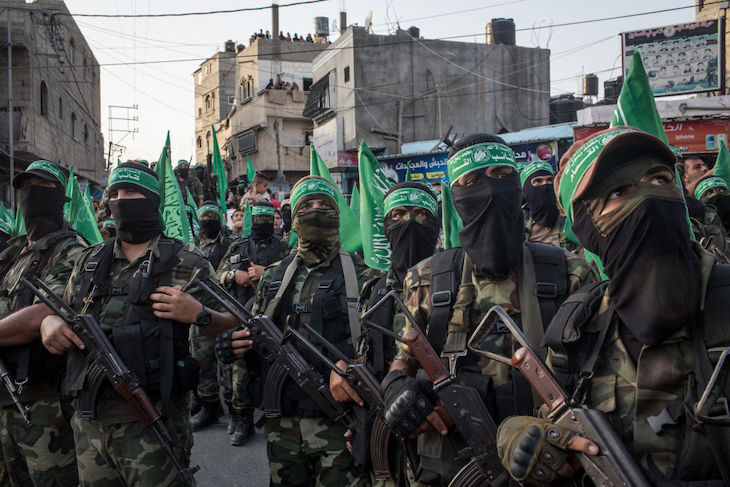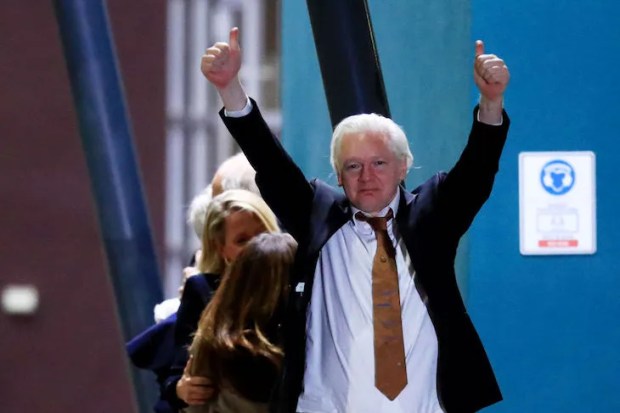Ever since Hamas invaded Israel, massacred 1,200 of its citizens and kidnapped 240 as hostages, there has been an effort to distance the Gazan population from the terrorist group. In most cases it has been well-intentioned, reflecting a desire that western populations do not associate the rape, torture and mass murder of Jews seen on 7 October with the residents of a territory that is 98 per cent Muslim.
Already a subscriber? Log in
Subscribe for just $2 a week
Try a month of The Spectator Australia absolutely free and without commitment. Not only that but – if you choose to continue – you’ll pay just $2 a week for your first year.
- Unlimited access to spectator.com.au and app
- The weekly edition on the Spectator Australia app
- Spectator podcasts and newsletters
- Full access to spectator.co.uk
Or




















Comments
Don't miss out
Join the conversation with other Spectator Australia readers. Subscribe to leave a comment.
SUBSCRIBEAlready a subscriber? Log in